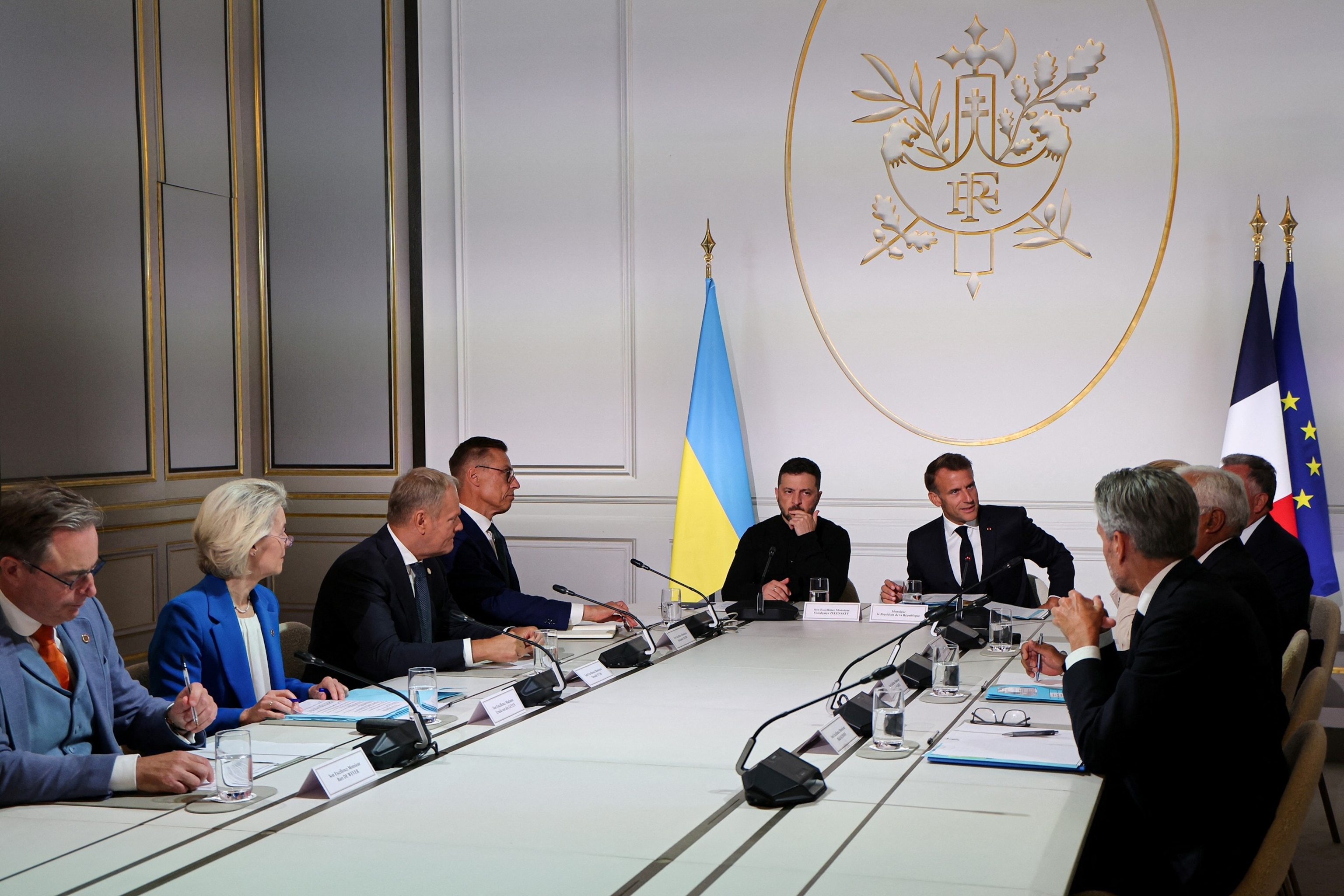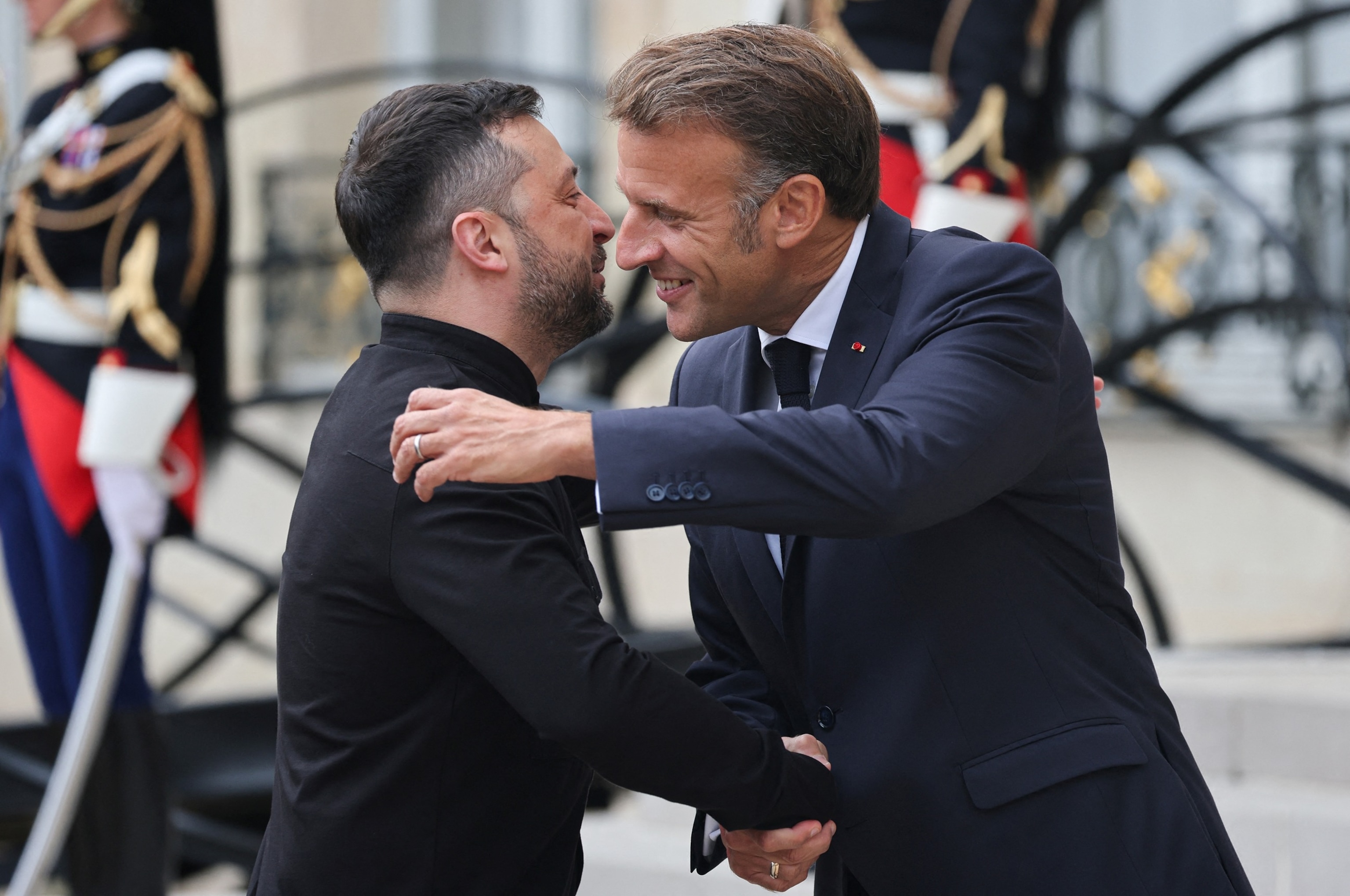Trump meeting Zelenskyy at White House a day after conversation with Putin
Mr. Trump said he discussed the Tomahawks “a little bit” with Putin during their phone call Thursday. But he appeared to downplay the idea of sending them.
“I will say to you, we need Tomahawks for the United States of America too,” the president said Thursday. “We have a lot of them, but we need them. I mean we can’t deplete our country.”
Mr. Trump had previously said the Tomahawks would be a “new step of aggression” in the Russia-Ukraine war. The missiles would enable Ukraine to strike deep within Russia.
“I might say ‘Look: if this war is not going to get settled, I’m going to send the Tomahawks,'” Mr. Trump told reporters earlier this week. “We may not, but we may do it.”
The last time the U.S. and Ukrainian presidents met in person was in late September, on the sidelines of the U.N. General Assembly in New York. Mr. Trump and Zelenskyy spoke twice over the weekend, on Saturday and Sunday, ahead of Mr. Trump’s whirlwind Middle East trip to mark the Israel-Hamas peace deal.
Russia has given no indication it wants to end the war. And Ukrainian authorities said there had been another large-scale Russian strike hours before Mr. Trump spoke with Putin on the phone.
“The massive overnight strike — launched hours before the conversation between Putin and President Trump — exposes Moscow’s real attitude toward peace,” Ukrainian ambassador to the U.S. Olga Stefanishyna said in a statement Thursday. “While discussions about ending the war continue, Russia once again chose missiles over dialogue, turning this attack into a direct blow to ongoing peace efforts led by President Trump.”
Mr. Trump in recent months has expressed frustration with Putin over the failure to end the war, though on a separate front, first lady Melania Trump said last week that she has worked with the Russian leader’s team to return Ukrainian children to their families.
Mr. Trump said “great progress was made” in his Thursday call with Putin, although he didn’t give any details.
U.S. and Russian advisers will be meeting next week in a location that hasn’t been disclosed yet ahead of the anticipated Trump-Putin meeting. The president indicated that initial meetings leading up to the meeting with the Russian leader would be led by Secretary of State Marco Rubio.

